We prepare our animals against the arrival of cold weather
hace 6 yearsOur experts have started to give vitamin C and put the heating systems on for those species most sensitive to cold.
The team of veterinarians and zoo keepers of Terra Natura Benidorm has activated the cold prevention protocol for those species that are most vulnerable to cold temperatures. This protocol, which normally applies from November, has been advanced this year to October and will remain operational until March.
The measures taken are the administration of vitamin C to reinforce their diet and avoid respiratory diseases and the heating systems have been turned on and will remain active from now on.
Among the actions to preserve the well-being of the animals from low temperatures are the reinforcement and modification of their diet, which will be increased up to 20% compared to the caloric levels they eat the rest of the year.
The vitamins C are especially focused for the groups of small primates that live in Terra Natura Benidorm which are cottony, lion-headed, pygmy marmosets, brush ears and black marmosets, capuchin monkeys, monkeys’ squirrel or white-handed gibbons and siamangs.
The vitamin is supplied through special jelly beans that favour the immune system of animals in a natural way to improve their health. In addition, hot porridge is made as well.
Our park has heated indoor shelters with air heating and radiators that conserve heat. The temperature of these facilities is adapted according to the outside temperature, when the temperatures increase, the use of heating is reduced until it is not necessary.
In the case of Indian rhinos, a species that is also vulnerable to cold, extensive care will be carried out, since in September the second baby of this species was born in Spain that barely has a month and a half of lifetime. The shelter is equipped with heating and enclosure systems, as well as insulating floors that prevent heat loss.
Another species that are part of the cold prevention protocol are flying foxes and reptiles, although there are other animals such as armadillos and macaws that are also treated with these special measures. Within the action plan, it is contemplated that if the keepers have a cold, they cannot have contact with the primates without wearing masks and protective gloves to avoid possible infections.

